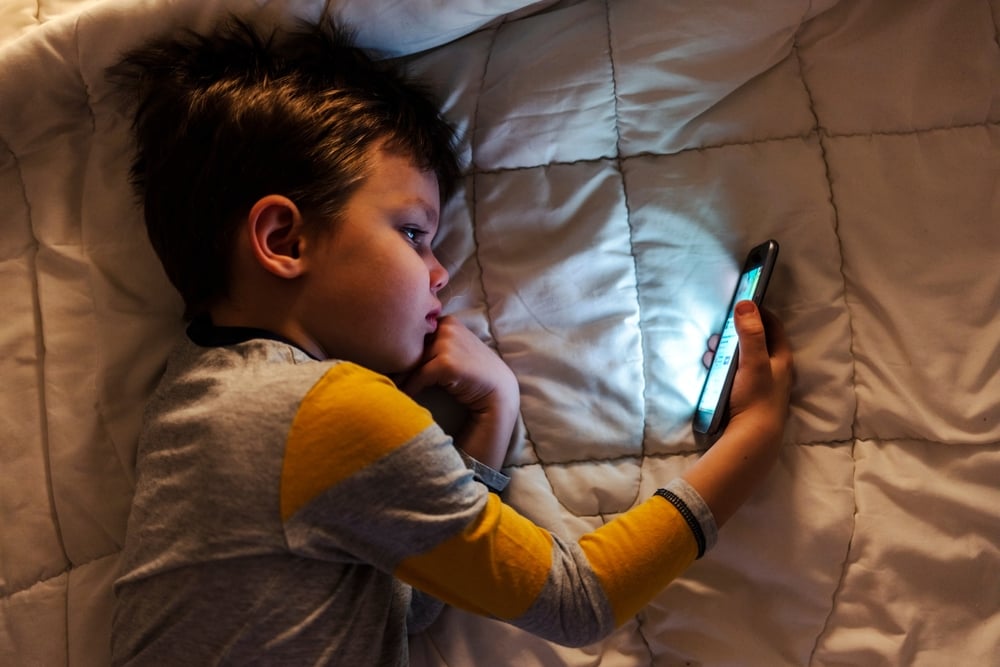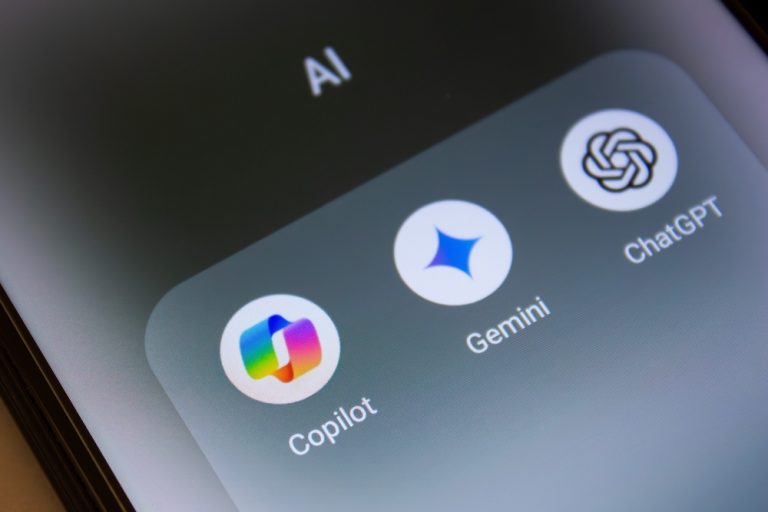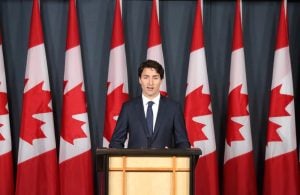Australia’s Senate has approved a groundbreaking law banning children under 16 from using social media, setting the world’s highest age restriction. The law, expected to take effect within the next 12 months, threatens fines of up to A$50 million ($32.5 million) for tech companies failing to comply.
Prime Minister Anthony Albanese emphasized the law’s importance in safeguarding young Australians from social media’s potential harms, a sentiment echoed by many parent groups.
“This is a global problem, and we want young Australians to have a childhood. We want parents to have peace of mind,” Albanese said.
Implementation and Enforcement
The law’s specifics, including which platforms will be banned, will be decided by Australia’s communications minister with guidance from the eSafety Commissioner. Gaming and messaging platforms, as well as sites accessible without an account like YouTube, are exempt.
Age verification technology will underpin the restrictions, requiring social media platforms to enforce compliance. While the government plans to test verification options in the coming months, digital experts have warned about potential technical challenges, privacy concerns, and circumvention through tools like VPNs.
Children found violating the ban will not face penalties, leaving enforcement entirely to the platforms.
Public and Expert Reactions
Polling suggests strong support among Australian parents and caregivers. Advocates like Amy Friedlander argue the law addresses parents’ dilemma between giving children access to social media or isolating them socially.
“For too long parents have had this impossible choice,” Friedlander said.
However, critics argue the law is a blunt instrument that may push children into less regulated parts of the internet. Youth advocates like the eSafety Youth Council contend they were excluded from the policymaking process and call for greater involvement in shaping solutions.
“We understand we are vulnerable to the risks of social media… but we need to be involved in developing solutions,” the council said.
Opposition from Tech Companies
Major tech firms, including Google, Meta, and TikTok, criticized the legislation for its broad definitions and lack of clarity. Meta labeled the law “ineffective,” while TikTok expressed concern that nearly all online services could be classified as social media.
X (formerly Twitter) questioned the law’s compatibility with international regulations and human rights treaties to which Australia is a signatory.
A Global Test Case
Australia’s bold move has drawn global attention, with nations like Norway and the UK considering similar measures. France enacted a comparable law requiring parental consent for users under 15, though it has seen limited success due to VPN workarounds.
In the U.S., a Utah law restricting social media access for minors was overturned as unconstitutional, highlighting the challenges of implementing such measures.
Balancing Protection and Complexity
Albanese acknowledged the complexities surrounding the debate but defended the legislation’s intent.
“We all know technology moves fast, and some people will try to find ways around these new laws, but that is not a reason to ignore the responsibility that we have,” he said.
Australia’s law may serve as a template—or a cautionary tale—for other countries grappling with youth safety in the digital age.





















